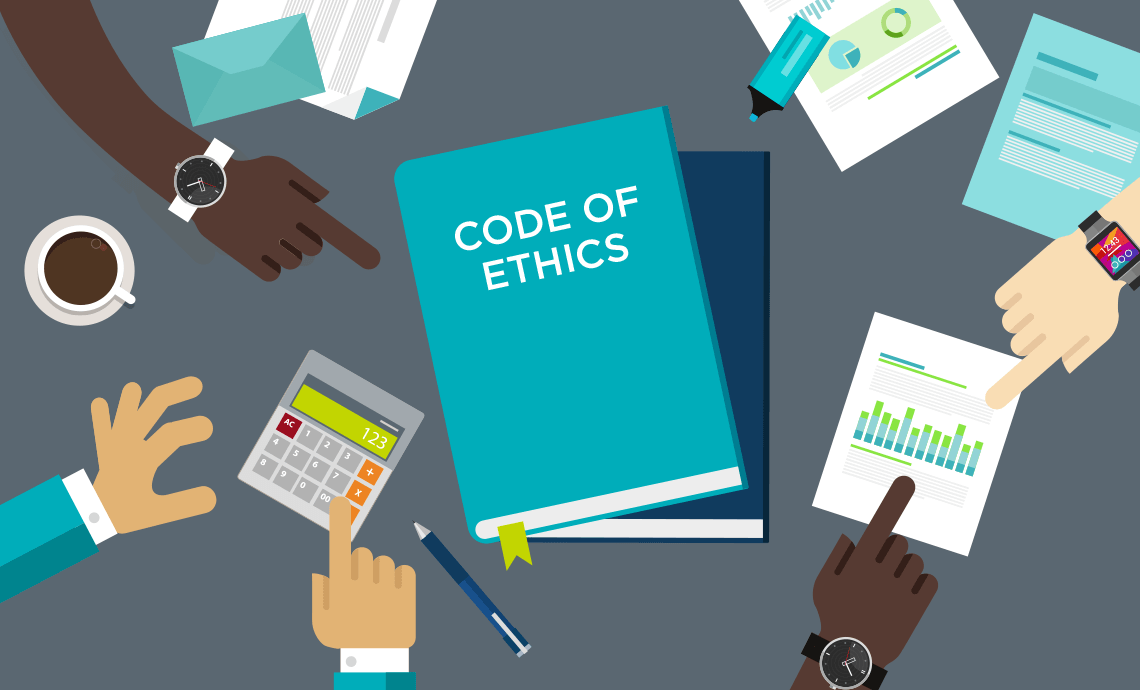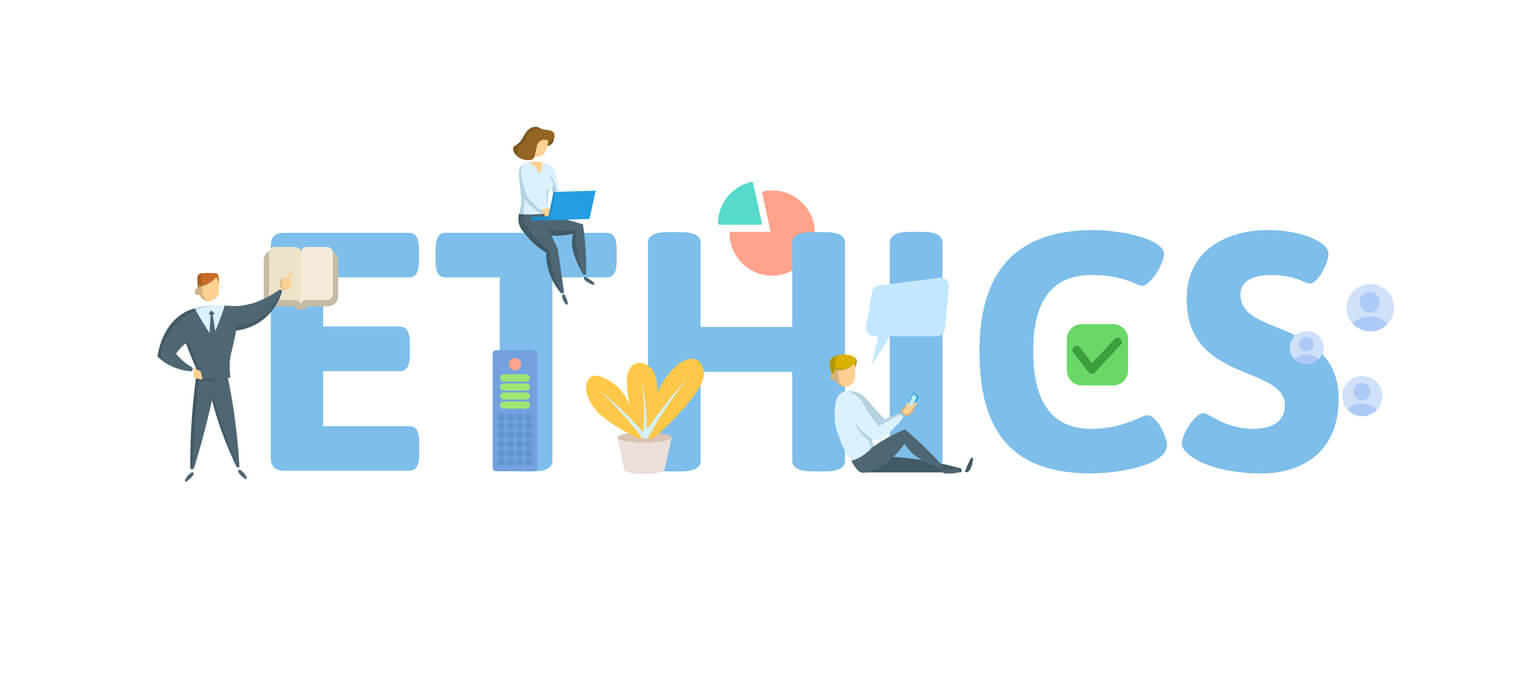Direct selling business is a booming industry that has many benefits for both the sales professional and the customer. However, there are some negative behaviours that can occur in direct sales and it’s important for both parties to be aware of them. In this article, we’ll discuss what makes up a good code of ethics for direct selling companies as well as how these codes help you identify problematic behaviour before it happens so that both parties can work together toward positive results.
What is Code of Ethics?
A code of ethics is a set of values and principles that guide a company’s actions. In the direct selling industry, it should be more than just words on paper. The code of ethics should be a set of values and principles that guide the behavior of your business, both personally and professionally. A common mistake when creating codes for companies is basing them on legal issues rather than ethical ones—this can lead to problems when you need to defend yourself against accusations or lawsuits in the future.

The ideals to be included in Code of Ethics
There are many other important ideals that a code of ethics should address, such as honesty, integrity, respect, responsibility and trust.
- Honesty – A direct selling business should be honest in all communications with its customers. This means not misleading them about the nature or quality of products or services they receive from the company. It also means not making false claims about what products can be purchased through direct selling opportunities that may conflict with law or regulations; for example an advertisement claiming “complimentary gift” when it really costs you money to receive it!
- Integrity – Direct salespeople need to be accountable for their actions because if you do something wrong then you could lose your commission income from others who were misled by your behavior (and maybe even incur fines).
- Respect – Every member has different beliefs about how life should work but at some point everyone needs someone else’s help whether it’s financial support during hard times or just listening when things get tough! If we treat people fairly then our relationships will last longer than those which are based on inequality rather than equality.
Place customer’s interests and needs above your own

You are a direct selling business, which means that you’re selling products to other people. This can be challenging in some ways, but it also provides opportunities for making money and helping others by providing solutions for their problems. In addition, as a direct seller you have the opportunity to reach out directly through social media or other communication platforms with potential customers who may not otherwise hear about what kind of service they could receive from an independent business owner like yourself.
The first step toward becoming an effective representative of your company is knowing what makes people happy when they buy things from others like yourself (or even just want something). That’s why it’s important that when someone asks questions about a product or service offered by one of these companies (be it yours or another), instead of giving vague answers based on personal opinion alone—which could lead them astray—you should always try out whatever options seem best suited before making any final decisions about whether or not The Right One Will Be Available Soon Enough For All Customers Who’ve Already Made Up Their Minds About Buying Something New!
Transparency is an important virtue

- You should be honest about the benefits and shortcomings of your products with potential customers.
- You should always be truthful about the results that your customers can expect from using your products.
- Don’t hide the fact that you’re selling a product, service, or business opportunity.
- If it’s not clear to people what they’re buying, you run the risk of losing their trust and having them return their purchase.
Protect the trust, your customers have on you
I believe that you should make sure that all promises you make are kept. If a customer feels that their trust has been broken, then they will not be willing to keep their business with you. If you don’t keep a promise, apologize and make it up to the customer by fixing the problem or refunding their money in full. Is this is impossible, explain why and try again later on, down your sales funnel with better results!

